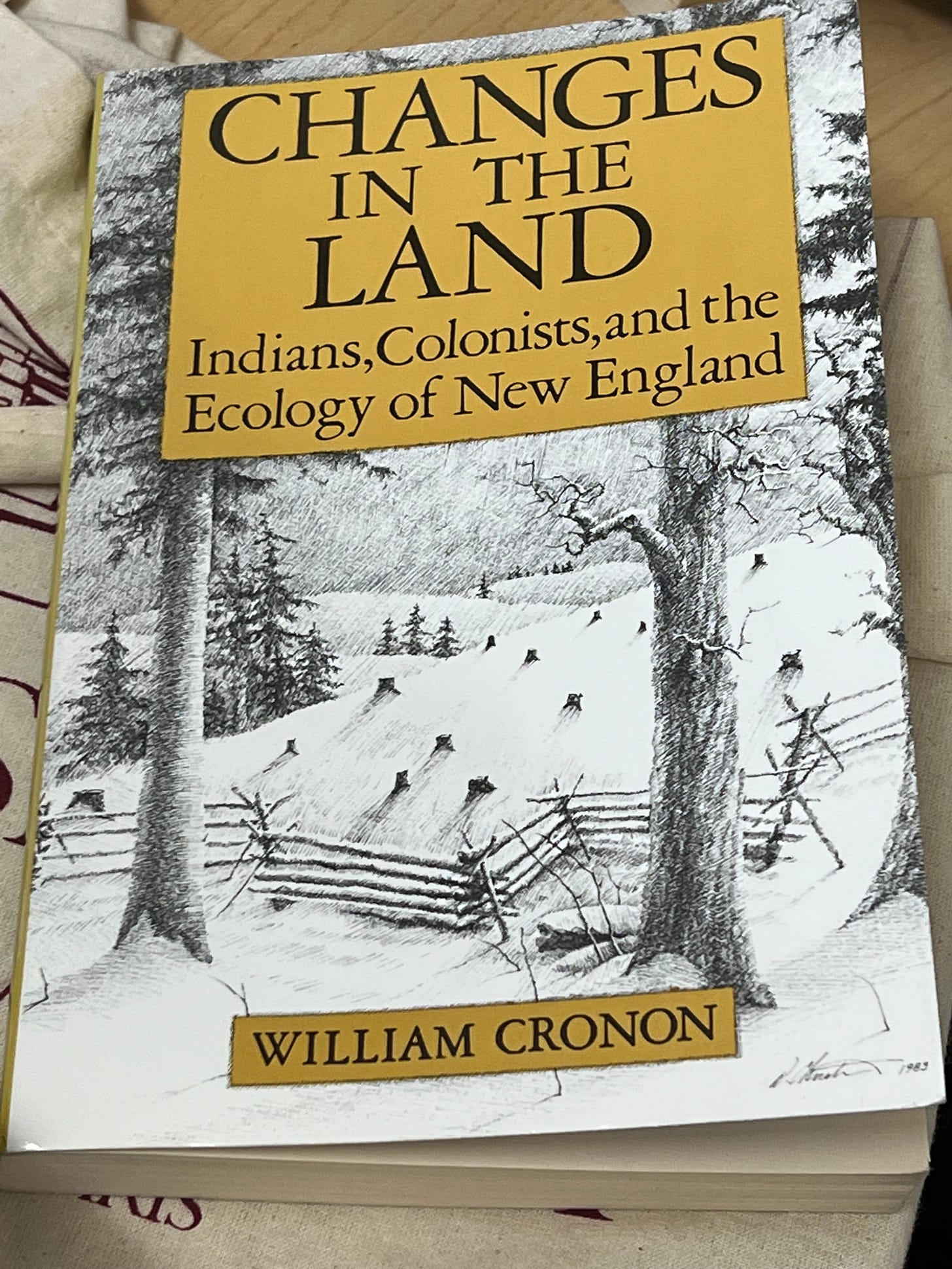One of the most important, but difficult, aspects of writing about the past is keeping in mind the agency of the various historical actors. It’s difficult because we all like to tell a good story—and, sometimes, agency gets in the way. For example, America loves the story of Honest Abe Lincoln who freed the slaves. (I seem to remember some Big Bang Theory episode where Sheldon, the “big mind” of the series, snootily points out that it was Lincoln who freed the slaves.) We love the story because it is simple and it says something positive about America. Of course, it does have some degree of truth to it—Lincoln did issue the Emancipation Proclamation in 1863 and pushed for the passage in Congress of the Thirteenth Amendment (constitutionally freeing the slaves). Yet, this simplifies matters greatly, in one sense, and in another it belies the truth. This telling ignores the many other activists, politician, and laypeople who played a role in the ultimate defeat of slavery in the United States. It overstates Lincoln’s own role— for all the ways it made the Union effort an explicitly abolitionist one, the Emancipation Proclamation, for instance, only freed slaves in places under Confederate occupation, which is to say, slaves in places that remained under U.S. jurisdiction remained slaves. And this telling makes slaves passive participants in the gaining of their liberty—it denies them agency. A more accurate retelling of the freeing of the slaves would account for the ways the slaves themselves forced the issue, through repeatedly crossing Union lines, putting the United States in the position of having to make a decision about slavery. It doesn’t make for as neat of a story, but it makes for a more accurate one. (Historians are quite the party poopers.)
Another of these simple stories we like to tell is of the “pure” natives living in what amounted to unsullied paradise until Europeans came and spoiled the land. Of course, there is a great deal of truth to this as well. But, again, this good-hearted narrative actually serves to prop up Europeans as the historical actors par excellence and deny the agency of indigenous peoples. William Cronon, in Changes in the Land: Indians, Colonists, and the Ecology of New England (Hill and Wang), tells a more accurate story. In his book, which has become a classic of American ecological history, Cronon argues that both the European colonists and the native peoples changed the land. As he writes, “There has been no timeless wilderness in a state of perfect changelessness, no climax forest in permanent stasis” (11). In other words, America was not an untouched Eden before the Europeans arrived to bring their civilization; America had already been changed to suit native civilization long before any white people arrived.
Much of Cronon’s argument centers on why and how certain of these changes happened as they did—for Cronon, English conceptions of property stemming from capitalist pressures incentivized the colonists to change the land as they did—but, for me at least, the most significant aspect of Cronon’s work is the way he weaves a narrative that remains rightly sympathetic to the experience of the native peoples without making them a pawn for a larger political argument. They are real people, who responded to human motivations and incentives, and sought to remake the land to fit their image of what the good life entailed just as much as the Europeans did. “In fact,” Cronon points out, “the Indians were anything but passive in their response to European encroachments” (164). If we tell the story of the past without taking into account the active and valuable lives of its respective participants, however well-meaning and sympathetic our aims, we serve only to tell a self-serving story that bears only an apparent likeness to the past. It will not get us any closer to the truth.

